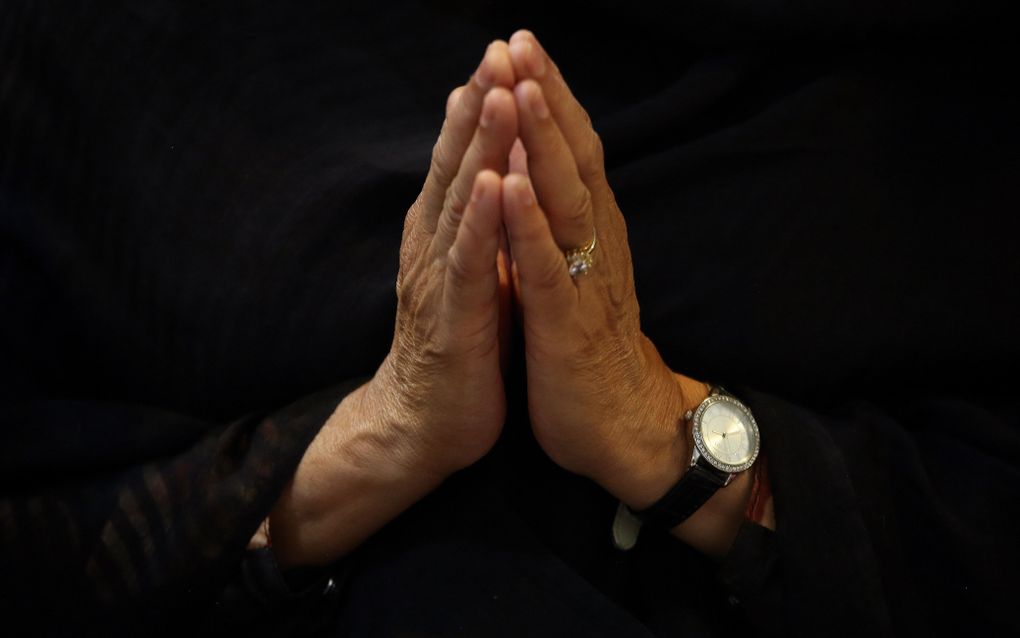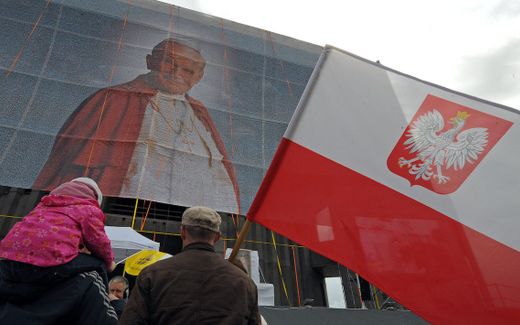Danish government wants to abolish Prayer Day as a national holiday

Photo EPA, Arshad Arbab
Northern Europe
The new Danish prime minister, Mette Frederiksen from the Social Democratic Party, announced the abolition of a public holiday. Several media suspect that it will be Prayer Day. The new government wants to increase the structural employment of 45,000 people.
Frederiksen said so on Wednesday during the presentation of the new government, Dagen reports. According to Ekstra Bladet, the Danish government expects to get between 3-4 billion Danish crones if everyone works one day more. This amount will go to the strengthening of Denmark's Defense, the coalition agreement reads.
Prayer Day has been enshrined in Danish law since March 27, 1686, Dagen writes. At the time, it was established to be an "extraordinary general day of prayer" for the entire kingdom. The government hoped that people would sanctify themselves the day before, get enough sleep and come to church soberly the next morning.
Consequences
Former bishop Kjeld Holm regrets the abolition of Prayer Day as a national holiday. "I think many will miss the day", he says to Dr.dk. According to Holm, many confirmations take place on prayer days.
Theologian Hans Raun Iversen, a researcher in theology at the University of Copenhagen, agrees that abolishing Prayer Day as a national holiday is a bad idea. "The day off is needed. There must be room to be able to stop, take a breath and pray if you need it."
The bishop of Aalborg Diocese, Thomas Reinholdt Rasmussen, writes in a newsletter from the Folkekirken that the removal of the holiday will have consequences for the church. That is reported by Dagen. The day which is used for confirmation, as stated earlier, has been planned for five years. According to Reinholdt, the holiday is not the most important one of the year, but he also points out that it has been an established day in the Danish tradition and calendar.
Critical
In 2012, the issue played up as well. However, at that time, there was no political majority for the proposal. Also, the folk church in Denmark was highly critical of the idea, Dr.dk writes. However, as the current coalition is a majority government, the chances are bigger that it will be able to pass the bill this time.
Related Articles






